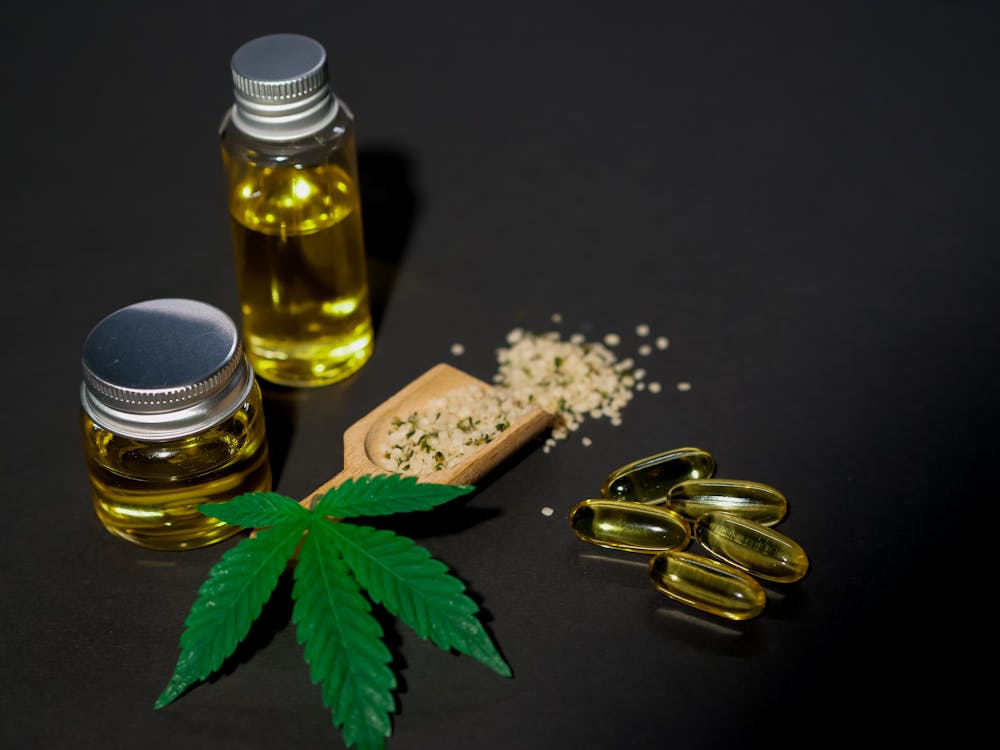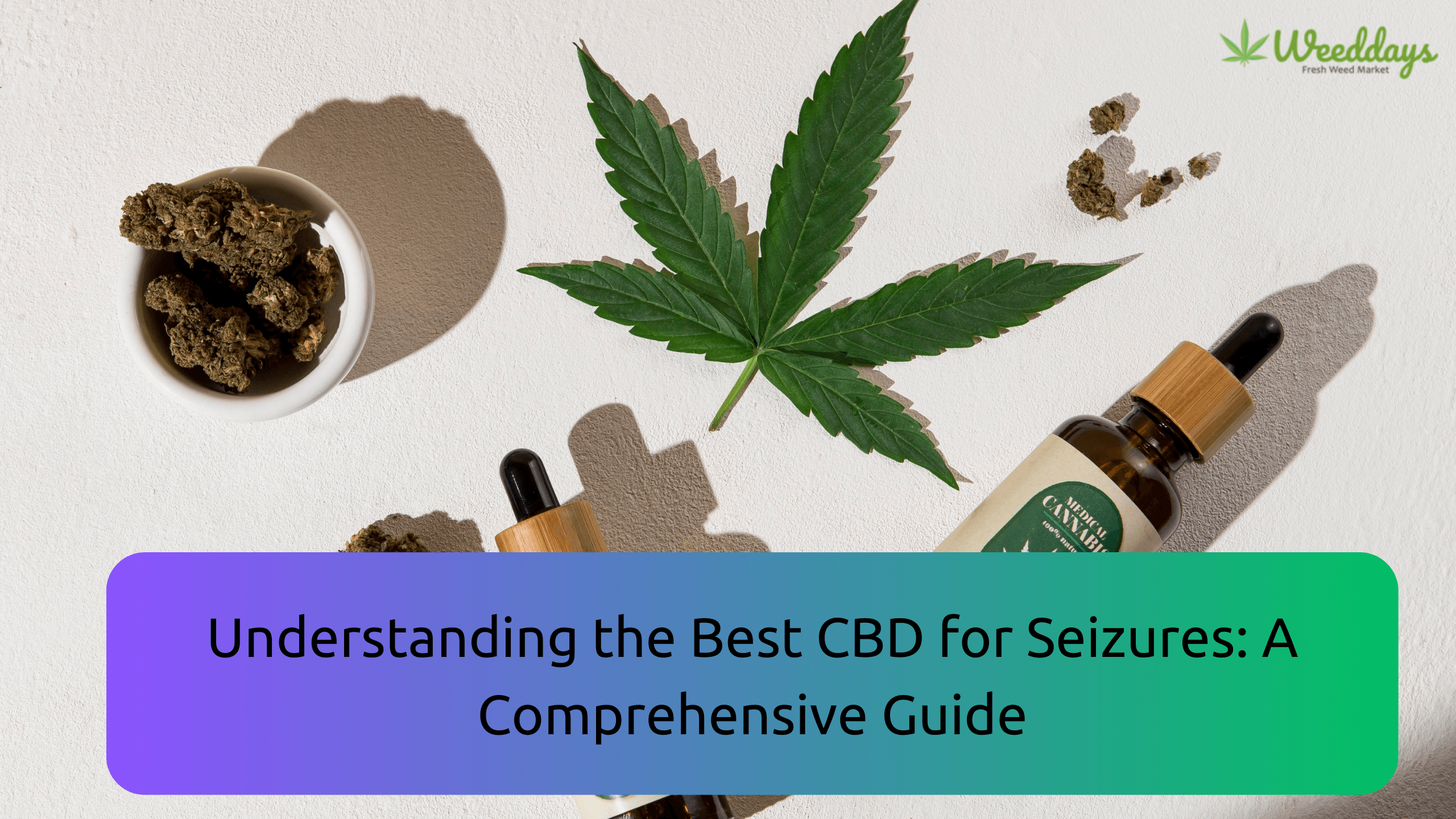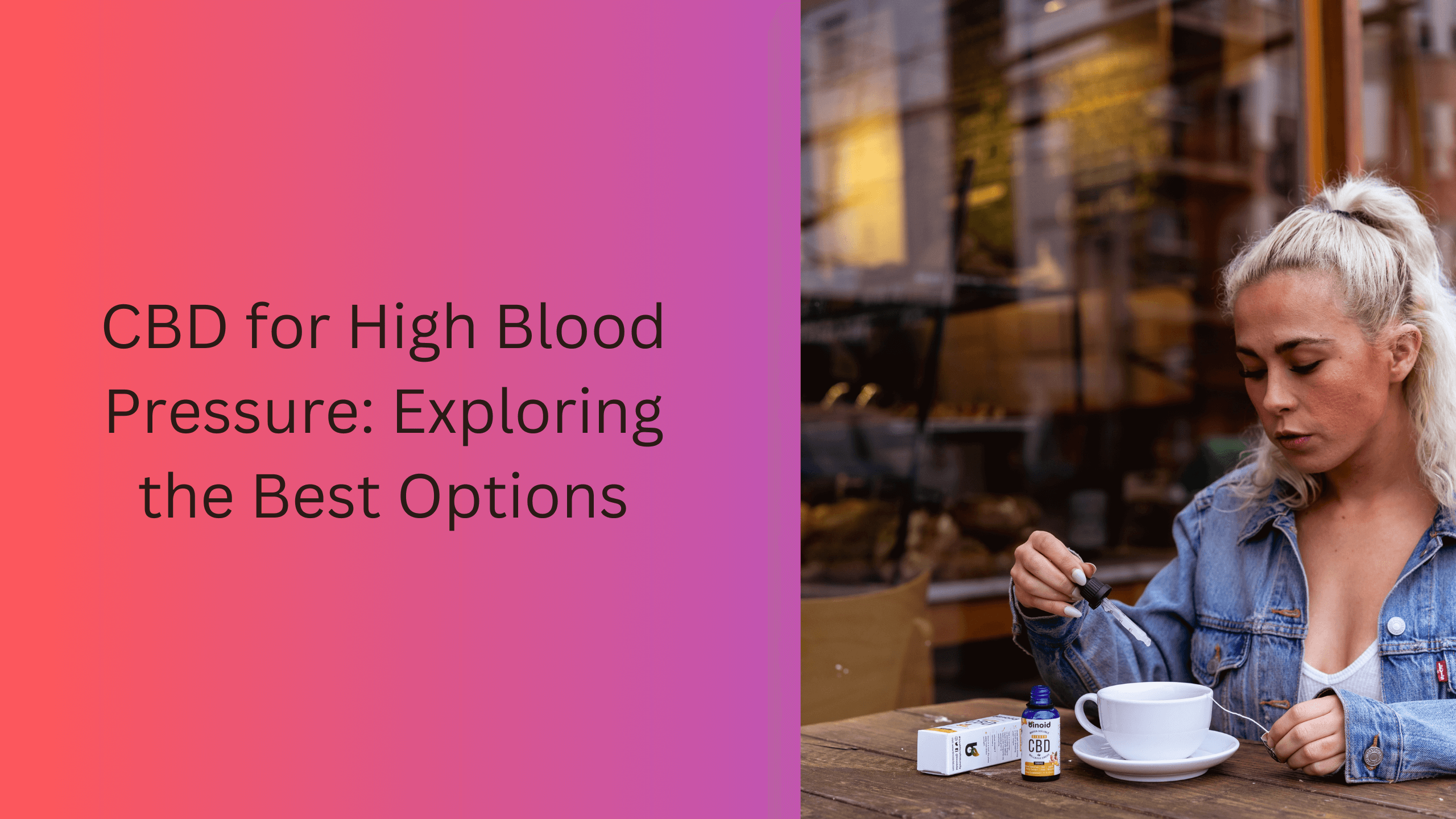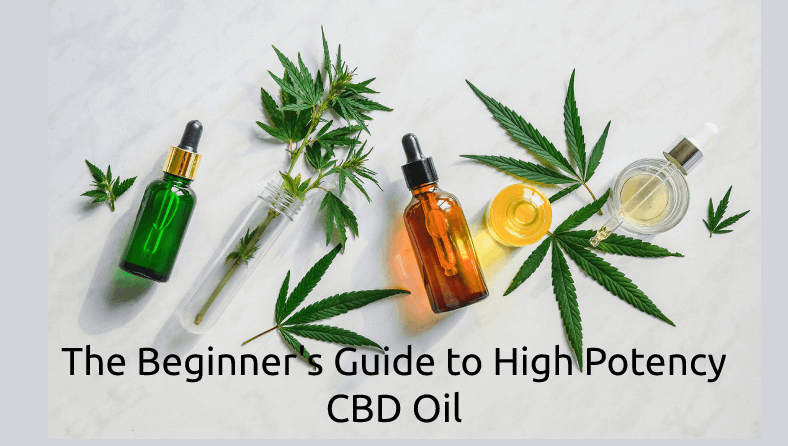
Halal is an Arabic word, meaning lawful, and is the Islamic dietary law that identifies food permitted for Muslims. Anything that is not permitted is deemed as “Haram”, the opposite of Halal.
In the Islamic faith, muslims follow strict guidelines about what they can and cannot consume and some will only use products that are deemed Halal, from food and drinks to cosmetics.
So where does CBD fit into this? CBD has seen a sharp increase in popularity for its use in aiding mental and physical wellbeing. Some muslims might think it’s haram due due to the stigma around it being extracted from a cousin of the Marijuana plant and that it could get you “high” (spoiler – it doesn’t get you high). However, you may have heard about its many wonderful benefits and are wondering whether CBD is ok for you to use.
So let us break down CBD for you and answer your questions on whether it is halal or not.

What is CBD?
Cannabidiol (CBD), is one of many chemical compounds, called cannabinoids, that are found in the cannabis plant, either marijuana or hemp. Both are varieties of cannabis, but marijuana has THC in it, which is the psychoactive component that causes a “high” feeling.
Whilst CBD is a component found in the marijuana plant, CBD is extracted from the hemp plant (a cousin of the marijuana plant). Unlike its marijuana counterpart, it will not get you “high” and is not addictive.
CBD is non-psychoactive because it does not act on the same pathways as THC. Studies suggest that it may help with a number of different health issues, including anxiety, insomnia, chronic pain, PTSD and epilepsy.
Is CBD legal in the UK?
The short answer is Yes, CBD oil is legal in the UK. In order for it to be legal, however, it has to meet a strict criteria. The oil has to contain no more than 0.2% THC in order for it to be legally sold in the UK, and be extracted from certified hemp.
If you are looking to buy CBD oil in the UK, you always want to make sure it is safe and clean. Some manufacturers and brands will state that theirs is legal and safe when it is indeed not, which could mean you are breaking islamic law with a haram product.
Will CBD get me high?
THC is the component of the cannabis plant that gets you “high”. Having 0.2% or less means you WILL NOT get the intoxicating effect that cannabis will give you. However, if you are still unsure, there are varieties of CBD products you can buy that are guaranteed THC free.

Is CBD oil addictive?
Many studies have been conducted into the effects CBD has on the body and whether or not it is addictive like its cannabis related plant. Many studies were conducted and in particular, The World Health Organization summarised its finding on the matter as follows:
“In humans, CBD exhibits no effects indicative of any abuse or dependence potential”. There’s still a lot for us to learn about CBD and it’s not completely clear why CBD isn’t addictive, but some scientists believe that it’s because, unlike THC, it doesn’t bind directly with your body’s chemical receptors.
In addition to these studies, CBD is also classed as being psychoactive as it interacts with your nervous system and your brain. Even though it doesn’t cause any intoxicating effects it still needs to be classed as psychoactive.
What to look for when buying CBD?
To ensure you are buying a CBD product that is halal and of the highest quality, you should look out for the following:
- It has been extracted using Supercritical CO2 method of extraction: Supercritical method of extraction uses CO2 as a solvent and includes no dangers for chemical contamination. This means that CBD that is extracted this way is cleaner and safer for consumers. This method is so safe that even coffee makers use this method to create decaffeinated coffee as it means there is no residual chemical contaminants in their coffee.
- It has been third party lab tested: This is to ensure that the CBD content stated is correct and does not contain anything else. There is no hiding from lab reports and gives you peace of mind that the product is pure and of high quality.
- You can trace the source of the oil back to the seed from the farm it was grown: This is particularly important as it means you can be sure it has come from a certified farm where ethical farming practices are in place.
- It contains less than 0.2% THC: This means that the CBD is legal under UK law and is safe to buy. It also means it doesn’t alter your thinking (getting high) and is considered halal under islam law.
- The Oil is Organic: This means no other chemicals have been added and is free of contaminants.
CBD can be easily added into your daily routine and there are many different types of CBD products you can take. It has very little side effects in relation to some high street and pharmaceutical drugs.
So Is CBD Halal?
CBD is an organic compound that has been used for many many years as a plant powered natural alternative to fight diseases, help aches and pains, increase relaxation and help general wellbeing. In general it is considered a halal product with many religious scholars backing its many benefits.
Full spectrum CBD oil can contain tiny traces of THC, but even these are considered halal because of the “negligible quantities”.
Many people in the asian community suffer from certain ailments such as arthritis, aches and pains, stress, anxiety and so on and more and more are turning to CBD as a natural treatment.
How can I take CBD?
If you are thinking about taking CBD or buying it for someone else we recommend if you haven’t had it before to start on a lower dosage and work your way up till you find what works for you. The perfect dosage is dependent upon various factors like your age, sex, metabolism, and health status.
Some of the forms you can take it are:
- CBD Capsules (check if they contain gelatine before buying)
- CBD Droppers
- Topical (massage oil and Balms)
- Bath Bombs
- Gummies (check they contain gelatine before buying)
Before purchasing be sure to read all ingredients to make sure what you are buying is halal and does not contain anything haram. UK CBD is regulated so most suppliers need to adhere to strict guidelines.
However, if you are still unsure, talking to your religious leader or scholar can help guide you before you make a decision.








